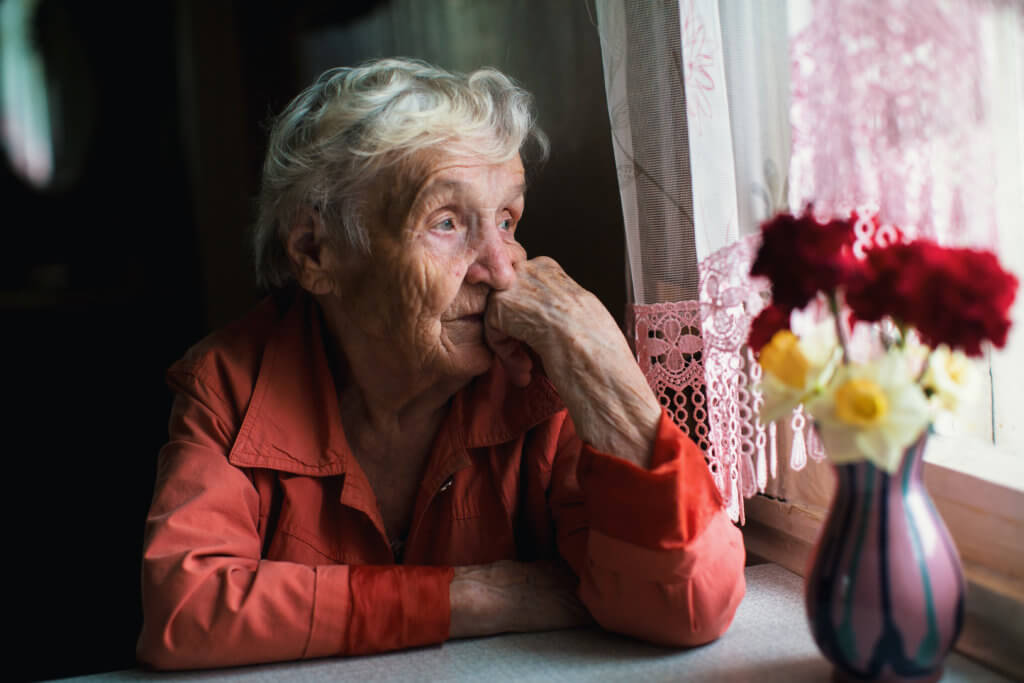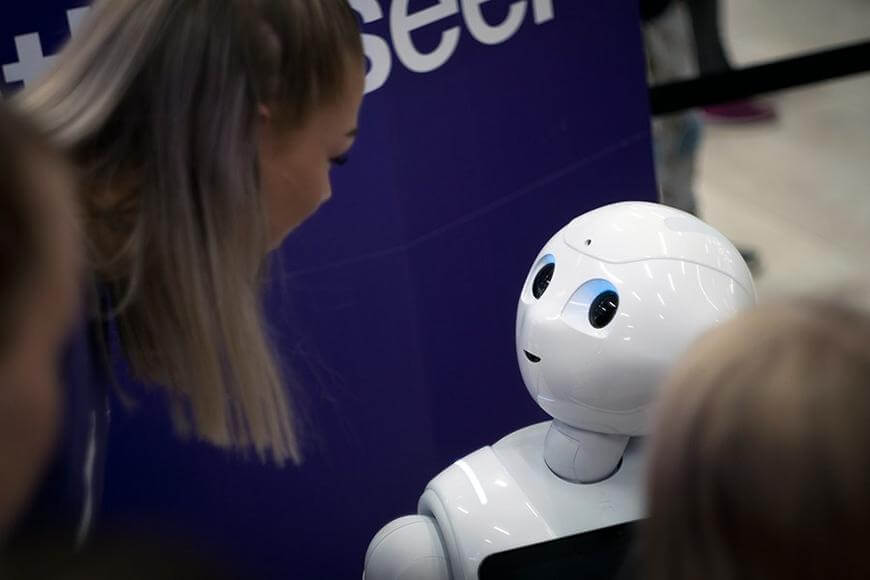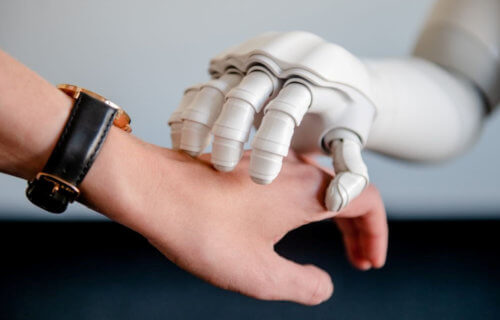DURHAM, N.C. — Artificial intelligence (AI) robots could potentially help combat human loneliness, a new study explains. These mechanical companions could assist isolated individuals, reducing the potential health risks that come with chronic solitude, scientists argue. Approximately one in 10 people experience loneliness all or most of the time, elevating their risk of cardiovascular disease and premature death by a third.
“Right now, all the evidence points to having a real friend as the best solution,” says Murali Doraiswamy, MBBS, FRCP, professor of Psychiatry and Geriatrics at Duke University and member of the Duke Institute for Brain Sciences. “But until society prioritizes social connectedness and eldercare, robots are a solution for the millions of isolated people who have no other solutions.”
The risk of loneliness increases with age due to factors such as widowhood and retirement. Yet, an increasing number of younger individuals also report feeling alone. The international team of researchers believe that robots, enhanced with artificial intelligence, may one day help alleviate this growing issue.
A recent report found that 4.4 million people in the United Kingdom do not have a single “real” friend, spending their lives immersed in social media and online gaming. The number of Americans with no close friends has quadrupled since 1990, reflecting a similar trend, according to the team.
Increased loneliness and social isolation are estimated to affect a third of the global population and have been linked to mental illness, obesity, and dementia. Loneliness is believed to be as harmful to health as smoking.

The challenge of making new friends during adulthood suggests companion robots might provide a promising “quick fix.”
“AI presents exciting opportunities to give companion robots greater skills to build social connection,” says Elizabeth Broadbent, Ph.D., professor of Psychological Medicine at Waipapa Taumata Rau, University of Auckland, in a media release. “But we need to be careful to build in rules to ensure they are moral and trustworthy.”
Elderly individuals are increasingly resorting to technology to find companionship. Services like the Papa app enable users to “rent grandchildren on demand” for $17 an hour. These “Papa Pals” can assist seniors with shopping, transportation, or simply offer company.
Technologies such as the EllieQ AI robot, which positions itself as a social robot for older adults, respond to voice commands, provide reminders, and can send text messages. With thousands of interactions with human users already recorded, nearly half of these relate to simple companionship, such as sharing a cup of tea or coffee.

Emerging research suggests companion robots can alleviate stress and loneliness and help older individuals maintain their health and activity levels at home. Advanced AI-enabled devices hold the potential to create stronger social bonds with humans compared to earlier models. Generative AI, like ChatGPT, based on large language models, enables robots to engage in more spontaneous conversations and even mimic the voices of dearly departed friends and loved ones.
The majority of general practitioners (GPs) also support this initiative. A survey of 307 care providers across Europe and the U.S. found that 69 percent agreed social robots could provide companionship, alleviate isolation, and possibly enhance patients’ mental health. Seven out of 10 doctors also felt that insurance companies should cover the costs, should robots prove to be an effective supplement for friendship.
However, measuring the impact of such initiatives remains challenging, emphasizing the need to develop patient-rated outcomes. The “Companion Robot Impact Scale” (Co-Bot-I-7), developed by Prof. Doraiswamy and his colleagues, aims to establish the benefits on physical health and loneliness. Preliminary results show that companion machines are proving effective. Early results from Prof. Broadbent’s lab suggest friendly androids help reduce stress and even promote skin healing after a minor wound.
“With the right ethical guidelines,” the authors conclude, “we may be able to build on current work to use robots to create a healthier society.”
The study is published in the journal Science Robotics.
South West News Service writer Mark Waghorn contributed to this report.

